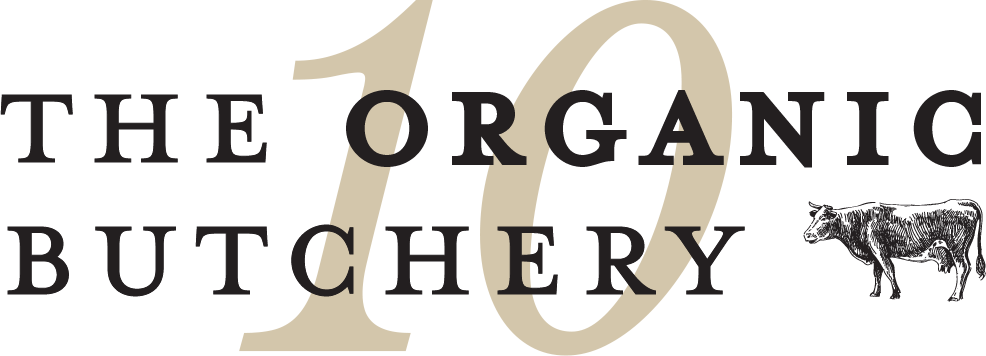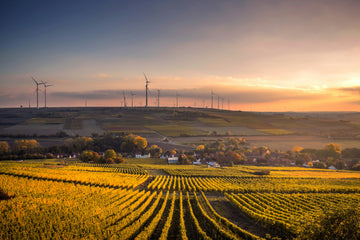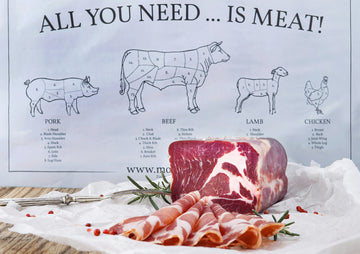How Brexit and British Farming Reforms Are Changing the Way We Eat

Exploring Local Sourcing, Small-Scale Farming, and the Future of Organic Produce
The food on our plate is increasingly shaped by forces beyond the kitchen — from political shifts to environmental pressures. In recent years, Brexit and the resulting reforms to British farming policy have significantly impacted the way we produce, source, and consume food across the UK. For those of us in the world of organic meat and responsible butchery, these changes are more than headlines — they’re everyday realities influencing the future of food.
Rebuilding the Local Supply Chain
In the wake of Brexit, the UK’s departure from the EU’s Common Agricultural Policy brought major changes to how farming is supported and incentivised. While challenging in many ways, this shift has also created a renewed focus on self-sufficiency and local food systems.
With increased pressure on imported goods, British producers are stepping forward to meet demand, and consumers are turning toward more locally sourced, transparently produced food. At The Organic Butchery, this aligns closely with our core philosophy: support British farmers, reduce unnecessary miles in the food chain, and champion meat that’s raised with care, not chemicals.
The Rise of Small-Scale, Quality-Focused Farming
Post-Brexit reforms have introduced new frameworks such as the Environmental Land Management Schemes (ELMS), which reward farmers for practices that promote biodiversity, soil health, and climate resilience — key principles that overlap with organic farming values.
Rather than volume-based subsidies, support is now offered to those who farm in harmony with nature — an encouraging shift for the organic sector and for small-scale, pasture-based farms. These are the very farms we work with: independent, often family-run, and dedicated to producing high-welfare meat in a way that sustains both land and livelihoods.
Domestic Supply: Strengths and Growing Pains
The return to British-focused sourcing isn't without its hurdles. Labour shortages, rising costs, and supply chain disruptions have affected everything from processing capacity to delivery infrastructure. However, these challenges also highlight the need for a more resilient, transparent, and ethical food system — one that prioritises quality over quantity and values provenance over price.
As a butcher that sources meat directly from British farms, we see these complexities firsthand. But we also see the opportunity: a more informed customer, greater demand for traceability, and a growing movement toward "better meat" — less often, but of higher quality.
What This Means for Organic
These shifts are particularly impactful for the organic movement. With government and consumer attention now turning to climate-friendly farming and responsible production, organic is no longer niche — it’s a model for the future.
-
Organic standards already meet or exceed many of the new environmental goals.
-
The demand for transparent, ethical sourcing is growing across all demographics.
-
Shorter, more local supply chains are being prioritised by customers and policymakers alike.
At The Organic Butchery, we see this as a crucial moment to lead — to demonstrate that British, organic, and ethically sourced meat can be both accessible and exceptional.
In Summary
Brexit and its aftermath have undeniably reshaped the landscape of British food. But in the midst of challenge lies transformation. By choosing organic, local, and responsibly butchered meat, consumers are not just feeding their families — they’re supporting a better, more sustainable food future.
No comments







0 comments